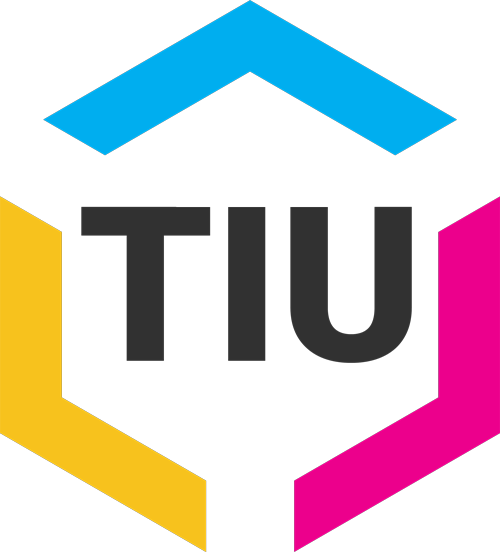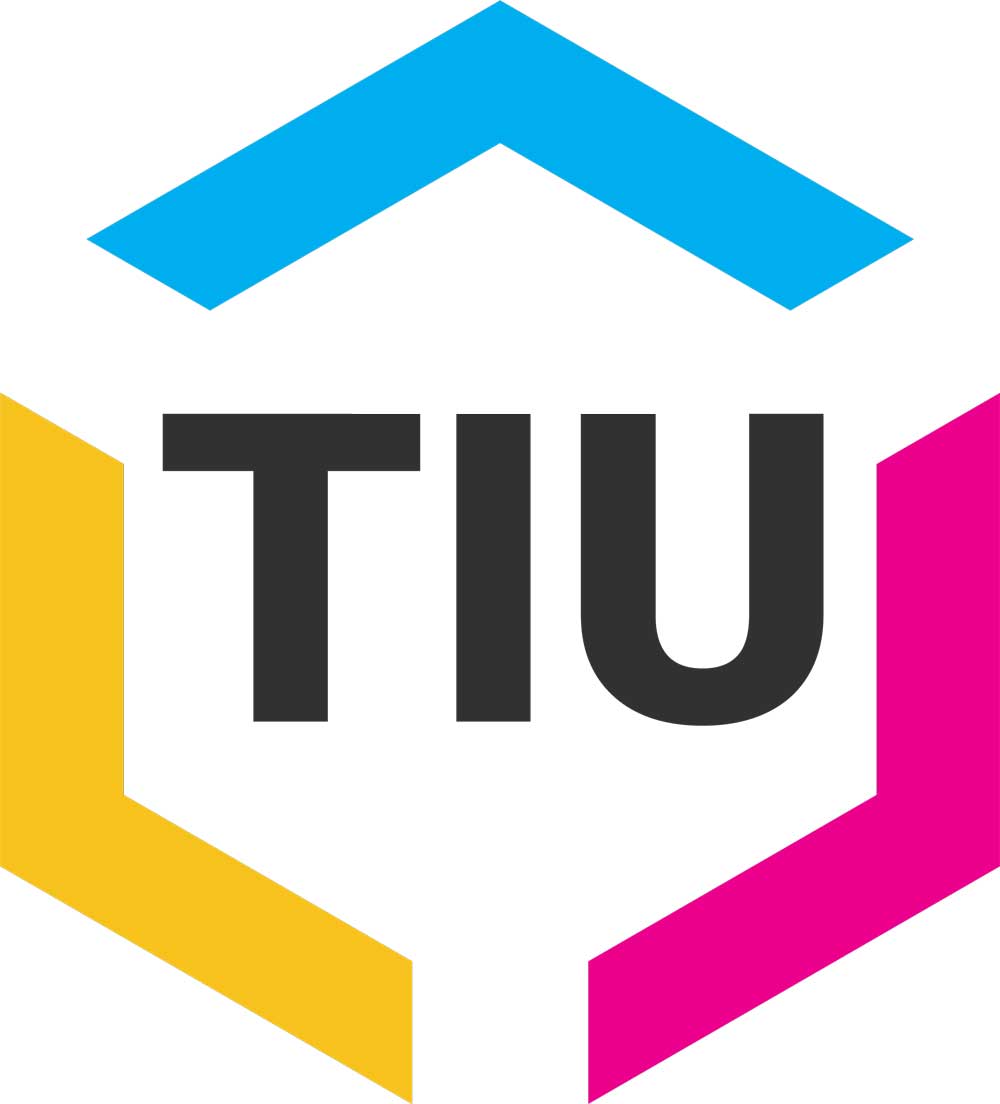Whenever referring to problem as divisive as payday financing, it is easy for feeling and rhetoric to obtain when it comes to the reality.
Opponents regarding the lending that is payday are particularly passionate about their values, so we respect that – just like we respect the best associated with state to manage our industry. But i’m there are a couple of facts of truth being getting lost when you look at the uproar that both edges need to comprehend and appreciate therefore all of us could make the most readily useful choice for the 300,000 borrowers in Alabama continue.
Proposed regulation – SB335 and SB110 — would close down lending that is payday in Alabama. Also some experts associated with industry acknowledge that this really is real. The others think that payday shops could nevertheless stay static in company, but this seriously isn’t the actual situation; in other states which have used regulations that are similar payday shops have nearly universally closed.
A database to restrict loans to at least one $500 loan per person at any onetime would close straight straight straight down payday lending shops in Alabama. The profit that is average per shop has already been significantly less than 5 %. http://hookupdate.net/swapfinder-review Restricting customers to at least one $500 loan not just decreases their possibilities, in addition may have a crippling financial effect on regional shops.
Borrowers whom can not visit loan that is payday will seek out online loan providers. These loan providers are generally located offshore or are observed on sovereign lands that are tribal. In states which have passed away price caps, the prevalence of online payday lending has soared. From 2007 to 2013, income for online loan providers rose by over 166 % as a result of a number of laws that shut down cash advance shops over the country. We anticipate the exact same to take place right right here in Alabama should these additional state laws pass.
On the web loan providers are far more costly and less regulated. The standard APR for an on-line payday loan provider is 650-750 %, in accordance with information. Plus, a Pew Charitable Trusts research unearthed that not merely do online borrowers default a lot more usually than brick-and-mortar borrowers, in addition they are two times as prone to have overdrafts on the bank reports – which further escalates the price. Also, online lenders can avoid most state regulation by virtue of where they have been found.
On line loan providers were prosecuted by state and federal governments for illegal techniques, deception and fraud. Final autumn, the CFPB and FTC both filed suit against online loan providers, alleging which they “originated payday loans online without customers’ permission” and utilized “misrepresentations and false documents” while making “repeated, unauthorized withdrawals from customers’ bank records”. Many other actions have already been taken throughout the nation against online loan providers.
From studying the facts, it really is clear that present database laws that threaten to shut shops wouldn’t normally just cripple the industry, but would deliver Alabama borrowers towards the more costly much less world that is regulated of financing. We would shutter businesses that are alabama-owned benefit of outsider entities that aren’t impacted by these laws.
If protecting customers is our objective, then we have to stick to the facts and appear with solutions that acknowledge the problem we are in, not put consumers into even worse circumstances. We must produce regulation it doesn’t provide the very best passions of unregulated lenders that are online. We could create laws that do not only provide customers, but also stage the playing industry for Alabama small enterprises and mitigate the frequently harmful impact of unregulated online loan providers.
We on the market welcome regulation. But we must have regulation that follows all of the facts.
Max Wood is president of Borrow Smart Alabama, a coalition of lenders launched in 2007 to advertise accountability within the financing industry and economic literacy for customers.

